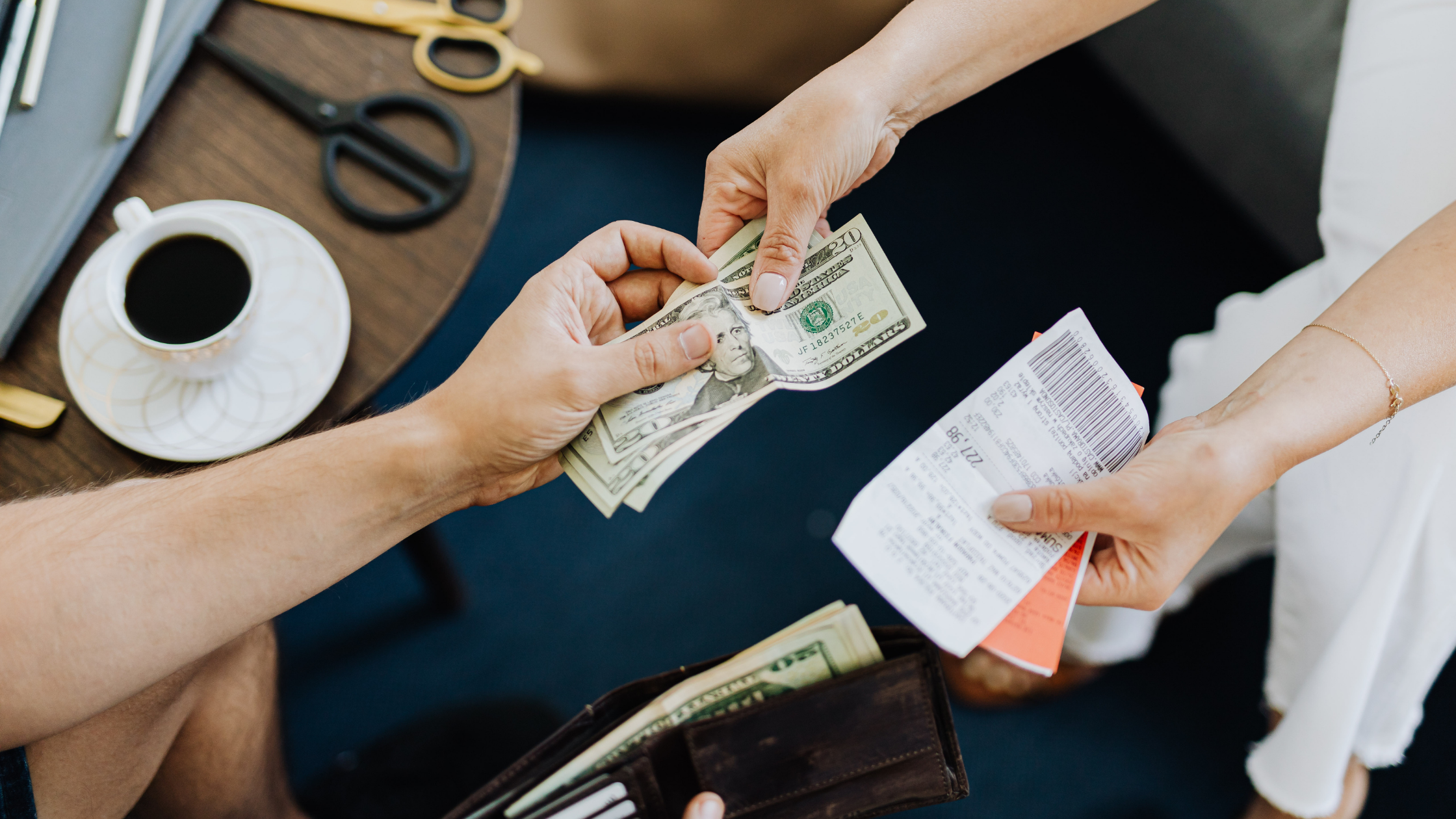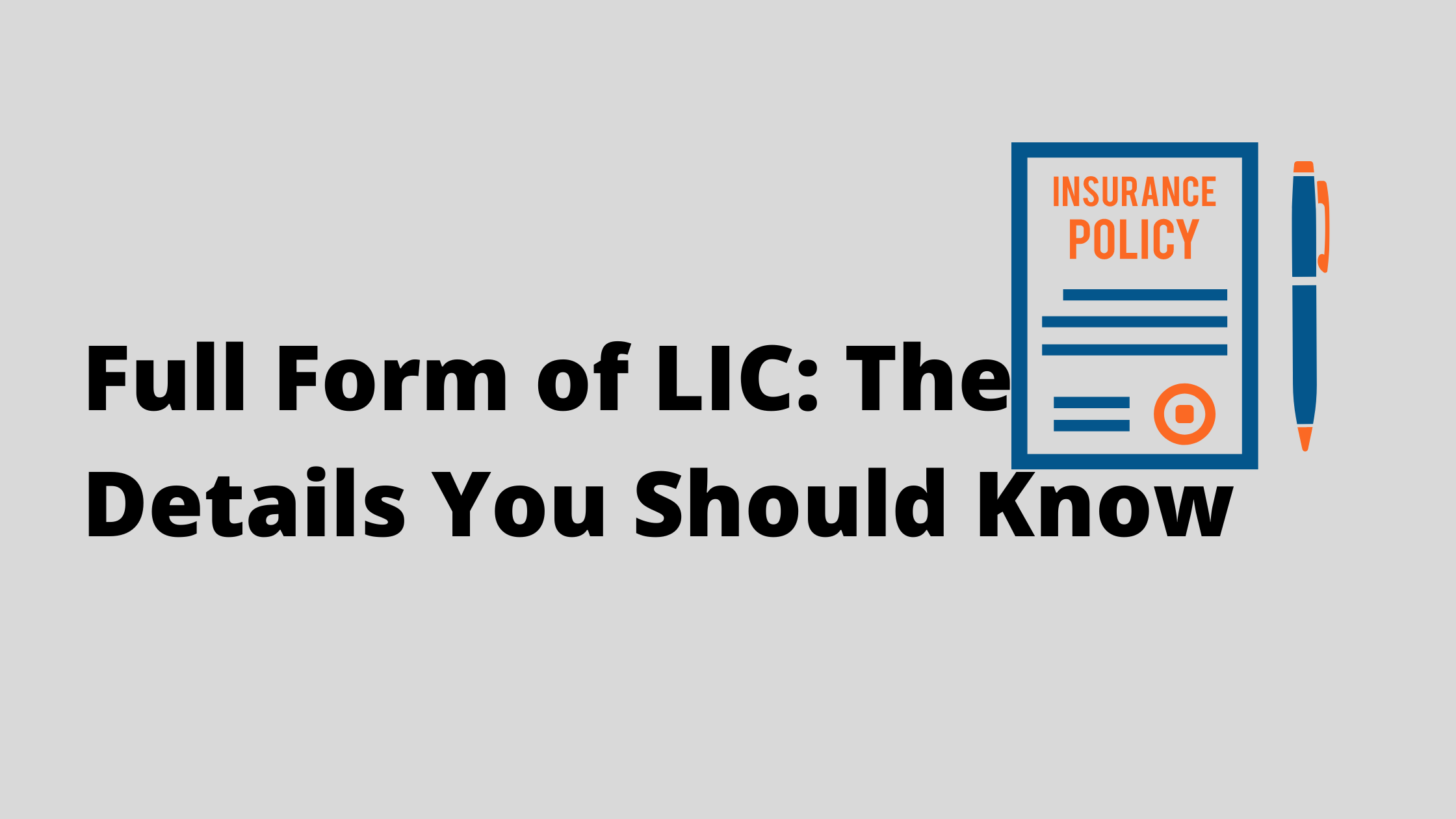Your paycheck is a check with your lender. A lender can cash them out on the day of payment. If you do not have sufficient funds in your account, then your check will be returned. Your bank and lender will charge a commission until payday. Some payday lenders may try to cash the check multiple times. Each time a check is returned, the bank will charge an overdraft fee.
Certain types of government benefits (such as SSI) usually cannot be received by the collector. Payday loans are different, we will consider this with an example of the Moneyzap.com service. By writing a check to your account or by allowing the lender to withdraw money directly from the account prior to receiving paychecks, you are giving them permission to withdraw money from your account, regardless of what types of funds are in the account. At some point, the payday lender may send your debt against a commission. In the end, you may owe the amount you took, plus the fees, overdraft fees, fees for returned checks, possible collection fees, and possible legal fees if a payday lender or collection agency sues you.
Can My Bank Help Me?
It is quite possible. Try talking to someone at your bank, in person at a branch, or through the customer service line. Explain the situation. Ask if the bank can cancel any commissions or payments in your account as a result of a rejected check. If payday loan money is automatically debited from your bank account, ask the bank to stop the automatic debiting. You may be able to stop paying the check, close your bank account, and reopen a new bank account. Contact a lawyer to discuss this option before attempting to do so.
Can I Ask a Payday Lender for a Payment Plan?
Yes. At maturity or before the loan matures even if this is your first payday loan. If you tell your payday lender that you cannot pay the loan on time, the lender should inform you that you may have installment payments. Any such plan must be in writing. You and the payday lender must sign it. If your payday loan is $ 400 or less, the plan must be at least 90 days (3 months). If your payday loan is over $ 400, the installment plan must be at least 180 days (6 months).
Are There Any Installment Commissions?
If you miss a payment on your payment plan, the payday lender may charge you a one-time default fee of $ 25 and start collecting on the unpaid loan. Your lender cannot charge you a commission just for participating in an installment plan.
Can I Cancel a Loan Before Payday?
Yes. But you must cancel it no later than business hours close on the next business day after you take out your payday loan. You cancel the payday loan by returning the lender the amount it gave you. The lender must then return or destroy your postage check or cancel any electronic withdrawals from your bank account.
You must cancel the payday loan at the same location where you received the loan. Example: You took out a payday loan on Tuesday. Later, you decide you don’t want a loan. You must return to the same lender prior to paycheck before it closes Wednesday. If the lender is open 24 hours, you must return to the lender by midnight the next day. Your loan documents must contain information about your right to cancel the payday loan.
What to Do if a Loan Is Overdue?
Any payday lender who asks you to pay an additional fee to “rollover” your payday loan and pay off the entire loan later is against state law. Under Washington state law, you must first pay off an existing loan before taking out another loan from that lender.
To avoid falling into the debt trap, do not take another payday loan to pay off the first. These loans are so easy to obtain that you might think that repaying them will be easy as well. You can go into a cycle of paying off one loan and immediately getting a new one to cover other bills. This circle is difficult to break. After all, you can take out several loans a year because you end up borrowing one on payday to repay the latter or pay other bills. You will end up paying much more fees and costs than you ever intended to borrow. Try other alternatives.
Can I Close My Current Account?
Yes, but the payday lender is likely to quickly take action to collect the debt. When you take out a payday loan, you either write a personal check to the lender or give permission to withdraw money directly from your checking account. If you close your checking account to prevent the lender from taking what you owe, the lender can cash the check or withdraw money from the account. This may result in you being owed an overdraft fee.
If they agree to let you pay off your debt in installments, then make payments on time to avoid debt collection activities. You may find it difficult to close your account with one bank and then try to open an account with a new one. Some banks will not open a new account if you owe another bank. If this happens, contact the regulator in whose jurisdiction the bank that refused your service is located.
Can the Lender Surcharge?
Differently. If the only money in your bank account comes from Social Security direct deposit or the Veterans Administration (VA), usually the court-ordered creditor is unable to fund the account. No money is charged from these sources. Even if the creditor has not sued you, if your income is tax-exempt, you must be on the lookout to prevent the creditor from seizing before paycheck. If the lender has your checks or permission to access your account, they don’t need to sue you to get paid.
You may try to close the funds in your account to the lender before the paycheck. You may also need to close your account and transfer money to an account with another bank. Some banks will not open a new account for you if you owe another bank. If you have your Social Security or VA payments directly transferred to a bank account to which the payday lender has your permission (through your check or authorization), you can redirect to where your automatic deposits are made. Avoid any lender who wants your Social Security checks to be deposited directly into a bank account that the lender controls.
Don’t mix insolvent funds with your social security and VA money. Example: You deposit a birthday check from a family member into the same account as your tax-exempt social security fund. You cannot claim that all funds in the account are exempted from accrual. If the creditor sues you, you must respond to the lawsuit and any withdrawal notice by notifying all parties in writing that they cannot fund your bank account as it only holds tax-exempt funds.


